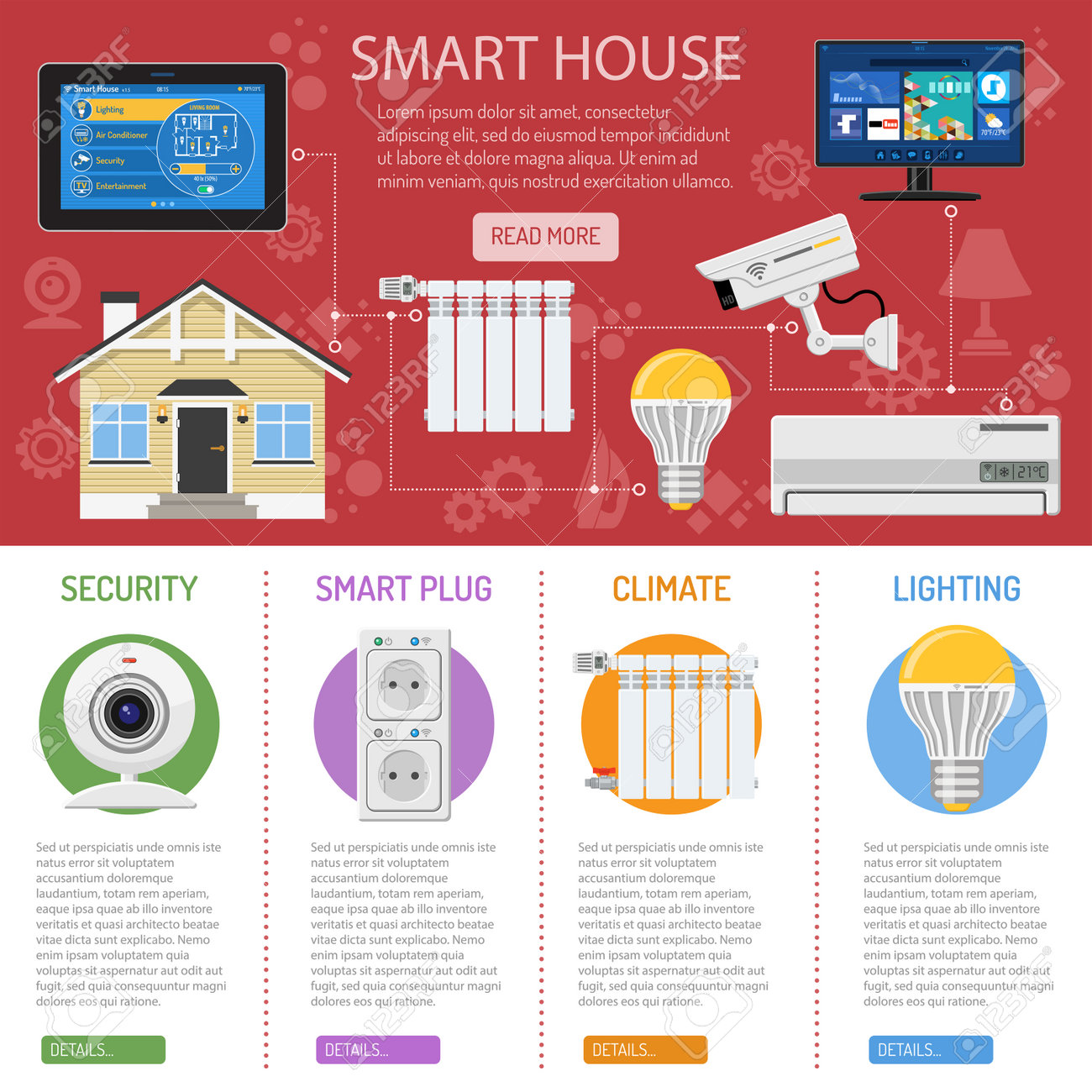Discovering The Ecological Advantages Of Heat Pumps - A Lasting Home Heating Remedy
Discovering The Ecological Advantages Of Heat Pumps - A Lasting Home Heating Remedy
Blog Article
Staff Writer-Crabtree Stampe
In a period where sustainability and energy efficiency are vital, many services seek green home heating options. One such remedy is the heatpump.
A heat pump extracts the heat in its surroundings and pumps it right into your home, causing one of one of the most efficient environment-friendly central heating unit around. This procedure also generates zero greenhouse gas emissions, making it a very sustainable innovation.
Power Performance
Heat pumps are extremely power efficient and require little maintenance. They utilize much less power than other heater and are by far one of the most eco-friendly. They work well with roof solar and can commonly pay for themselves in utility cost savings alone.
They can likewise give air conditioning, which is wonderful for garage workshops, attic room hangouts and incentive areas, and home enhancements without prolonging the existing ductwork. They can even be utilized for retrofits in existing homes with hydronic (water-based) distribution systems such as low temperature level radiators or glowing floors.
Look for models with SEER and HSPF rankings that fulfill or go beyond copyright's minimum criteria, as well as the criteria in your region. Higher ratings indicate greater effectiveness, which conserves you cash in the long run and minimizes your carbon footprint. You might even receive refunds and incentives! The most effective systems are those with a ground warmth exchanger for added efficiency. These systems can take in thermal power from the ground during the winter and essence it in the summer.
Minimized Greenhouse Gas Emissions
Heat pumps run on electricity and basically transfer warm from the air, even when it's cool exterior. They are able to remove the free warm trapped in air bits and move them indoors, decreasing moisture while doing so.
Contrasted to gas heaters, modern heat pumps use less than one kilowatt of power per kilowatt of heating power they generate. This makes them one of the most power reliable heating alternative offered with a POLICE (Coefficient of Efficiency) of 4 or even more. By reducing the demand for nonrenewable fuel sources, heatpump help reduce greenhouse gas discharges and cut various other major air contaminants.
Building decarbonization is an international essential, and the HVAC industry is a crucial chauffeur of that procedure. Whether it's real estate investors making internet no commitments, policy makers establishing discharges limits, or lessees demanding greener spaces, electric heat pumps are being identified as a crucial service. They are a cost-effective method to decrease carbon exhausts by removing the requirement for nonrenewable fuel sources in buildings.
Convenience
Heat pumps can be made use of in many kinds of homes and buildings-- with or without ducts. They deal with hot-water radiators, air-conditioning and programmable thermostats. They can change heaters or be set up in new residences. They can run on solar panels, geothermal systems or even district heating sources like wastewater.
just click the following website at supplying more warmth per power device. For example, an air-source heat pump creates approximately three or even more heating units from each power device it consumes.
Obtaining the most from your heat pump will certainly depend on your climate area and high quality of insulation. Look for designs with power celebrity rankings and contrast their SEER or HSPF specifications. In warmer environments, focus on SEER; in chillier regions, take into consideration a system with a greater HSPF score. On top of that, purchase air sealing and insulation to reduce the tons on your heat pump. That will certainly boost energy performance and assist you reach your Net No goals much faster.
Biomass Boilers
Biomass central heating boilers make use of wood pellets, chips or logs to create warm and warm water. They are a great choice for off-grid properties or those that intend to leave the gas grid.
As https://drive.google.com/drive/folders/1j9OuS9TH0XKzZJfSo99tV2of1-sejqWX?usp=drive_link , biomass can give sufficient power to keep your home cozy throughout the year without the common heat drop off of various other renewable technologies. They can likewise be used combined with solar panels to increase savings and take advantage of RHI payments.
A drawback of these systems is the upfront price and normal fuel shipments. Typically, pellets will certainly require to be blown right into a gas store using a vacuum system or they can be by hand fed into the central heating boiler with a hopper. Logs are typically self-sourced from close-by forest or gotten in bulk. In addition to this, they require hands-on loading and might need cleaning regularly.